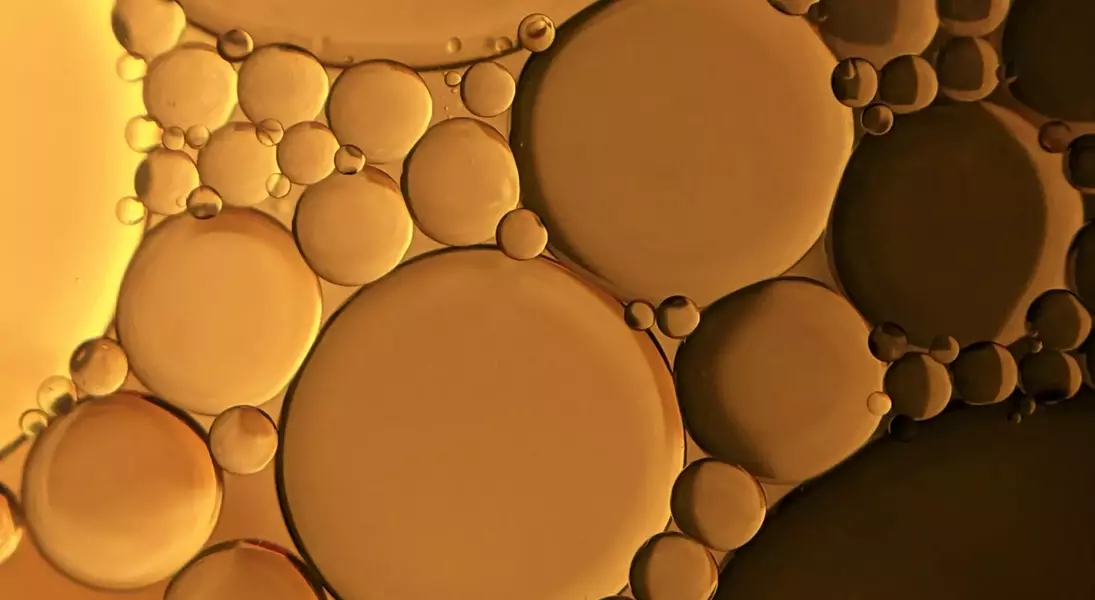
American biotechnology firm Checkerspot has unveiled an innovative ingredient crafted through microalgae fermentation, presenting a potential substitute for high-oleic palm oil. By enhancing the capabilities of Prototheca moriformis using classical strain improvement methods, the company managed to produce an oil that closely mirrors the fatty acid composition of traditional high-oleic palm oil. This advancement avoids genetic engineering, catering to the rising demand for non-GMO products. Demonstrating scalability from lab settings to industrial applications, this process yields significant amounts of oil per liter and constitutes a major proportion of dry cell weight. Checkerspot envisions its product being utilized in various sectors, especially food and nutrition, where high-oleic palm oil is integral. The breakthrough aligns with efforts to reduce environmental concerns tied to conventional tropical fat production.
A Groundbreaking Solution to Environmental and Supply Chain Issues
In a world increasingly concerned about sustainability, Checkerspot's innovation stands out. The journey began with a focus on Prototheca moriformis, a specific type of microalgae. Scientists enhanced its properties without resorting to genetic modifications, ensuring alignment with consumer preferences for natural ingredients. The resulting oil boasts over half oleic acid and around one-third palmitic acid, matching the profiles of standard high-oleic palm oils. Production occurs via fermentation, a method proven effective at multiple scales, from small laboratories to large-scale operations. According to Scott Franklin, co-founder and chief scientific officer of Checkerspot, this milestone reflects their dedication to sustainable, domestically produced alternatives. By sidestepping traditional agricultural practices, they address not only ecological issues but also supply chain vulnerabilities linked to cultivating high-oleic palm oil in regions like Latin America, which often face deforestation and labor challenges.
This development could revolutionize industries reliant on high-oleic palm oil by providing a consistent, eco-friendly option. It signifies a step forward in harnessing biotechnology for renewable resources, paving the way for partnerships aimed at commercial viability within the alternative palm oil market. As Checkerspot continues scaling production, it exemplifies how science can solve global challenges while meeting consumer needs.
